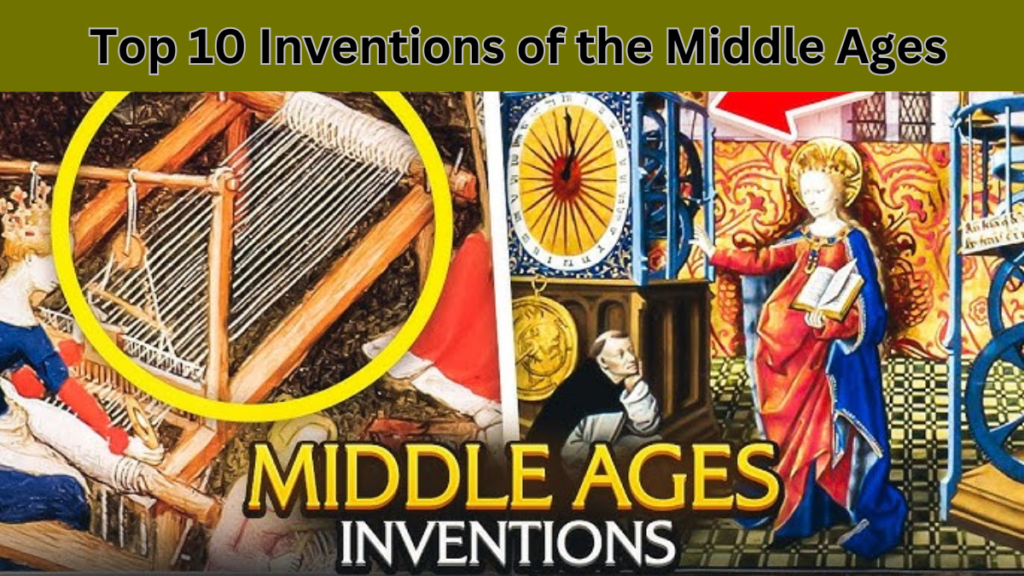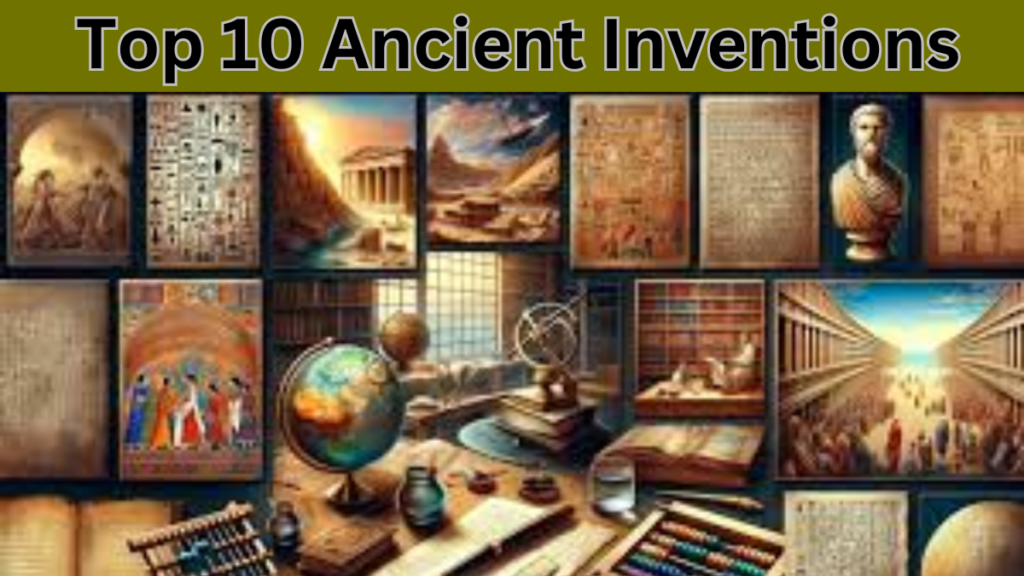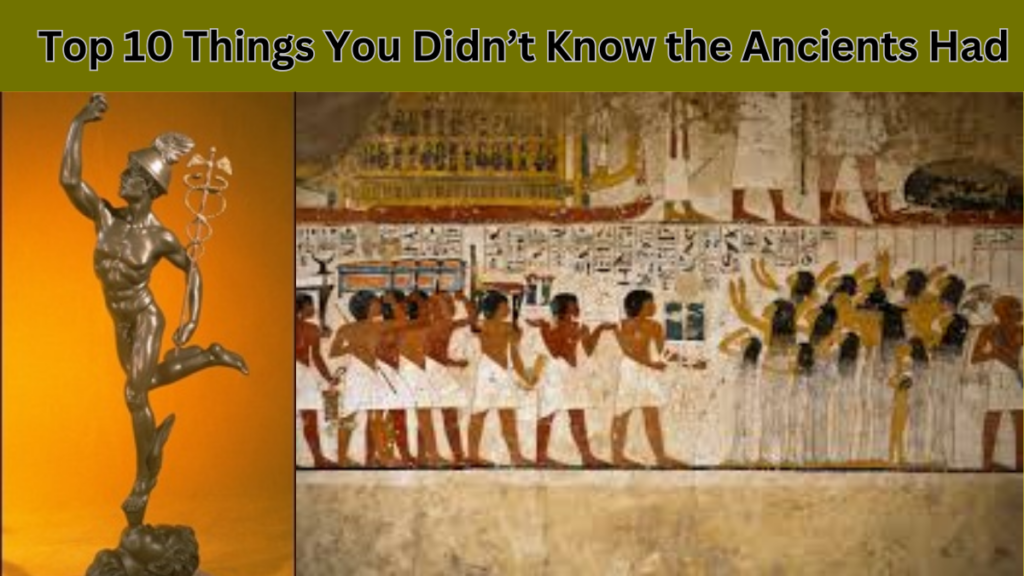Top 10 Famous Historic Misquotes

Discover the Top 10 Famous Historic Misquotes that have been misattributed or altered over time, from Voltaire and Shakespeare to Churchill and Marie Antoinette. Explore how these misquotes shaped popular understanding and historical narratives.
1. Philip Sheridan
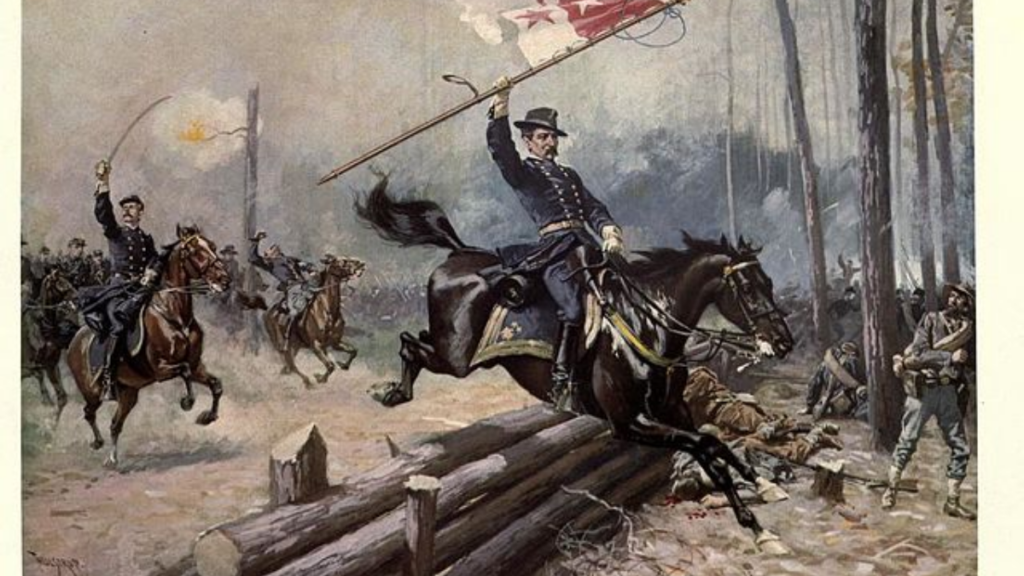
Misquote: “The only good Indian is a dead Indian.”
General Sheridan allegedly said, “The only good Indians I ever saw were dead.” He denied making this statement, but the quote became associated with the brutal policies towards Native Americans during the Indian Wars
2. Paul Revere
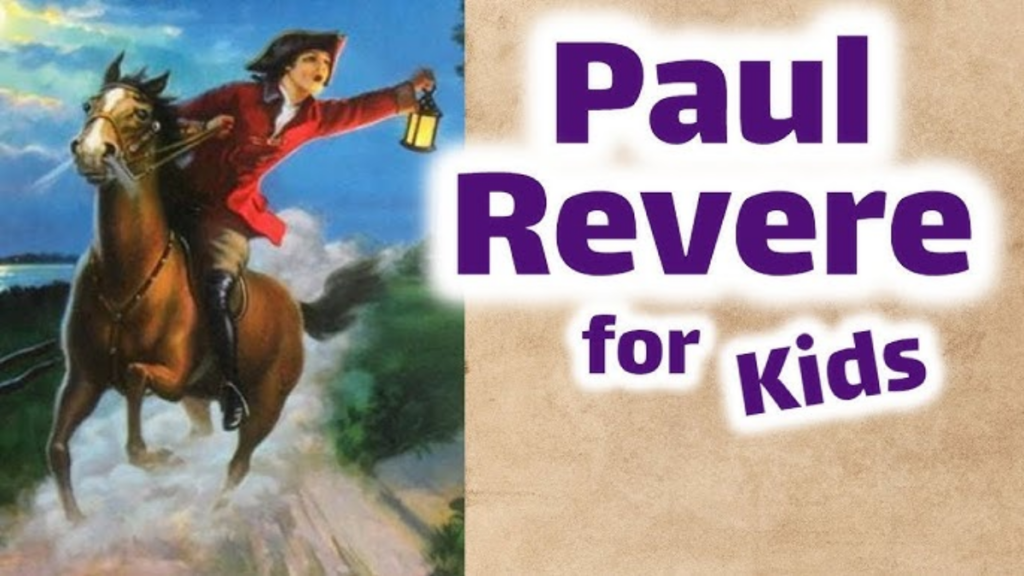
Misquote: “The British are coming!”
In truth, Paul Revere never shouted this phrase. His mission depended on secrecy, and most colonists considered themselves British. The quote evolved from Longfellow’s famous poem, Paul Revere’s Ride.
3. Queen Marie Antoinette
Misquote: “If they have no bread, let them eat cake!”
This infamous statement is wrongly attributed to Marie Antoinette. It originated from Jean-Jacques Rousseau’s Confessions and was used as anti-royal propaganda during the French Revolution.
4. Winston Churchill
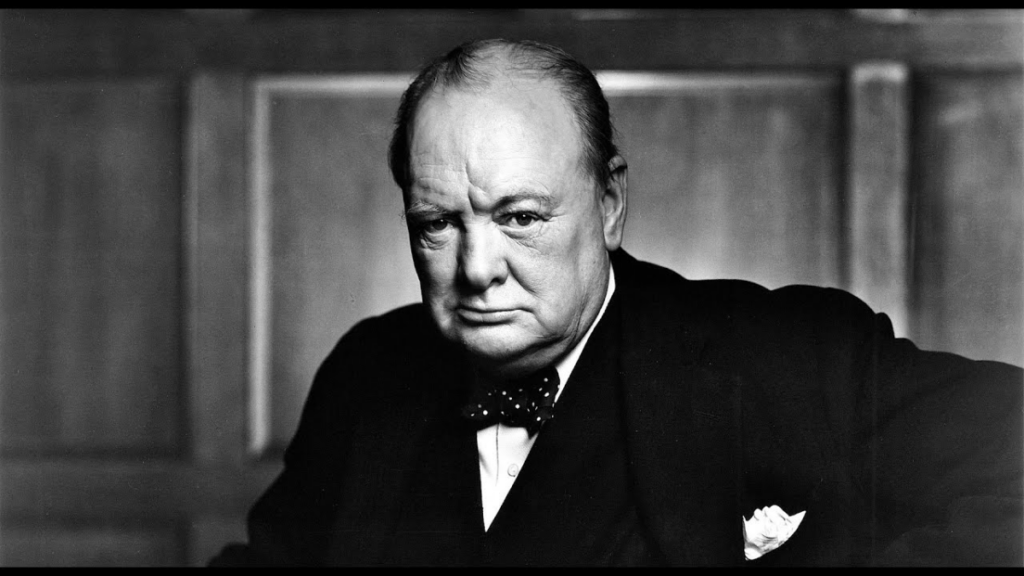
Misquote: “The only traditions of the Royal Navy are rum, sodomy, and the lash.”
Churchill didn’t say this; it was actually the words of his assistant, Anthony Montague-Brown. However, Churchill later remarked that he wished he had coined the phrase himself.
5. Niccolò Machiavelli
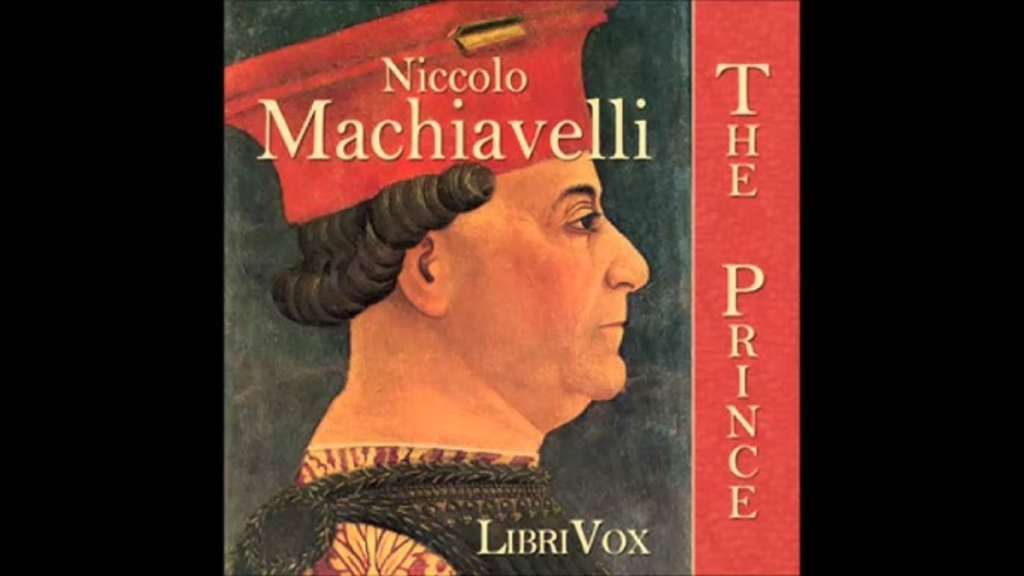
Misquote: “The ends justify the means.”
This phrase simplifies Machiavelli’s nuanced views. In The Prince, he wrote, “One must consider the final result,” which has a more complex meaning than the commonly quoted version.
6. William Shakespeare
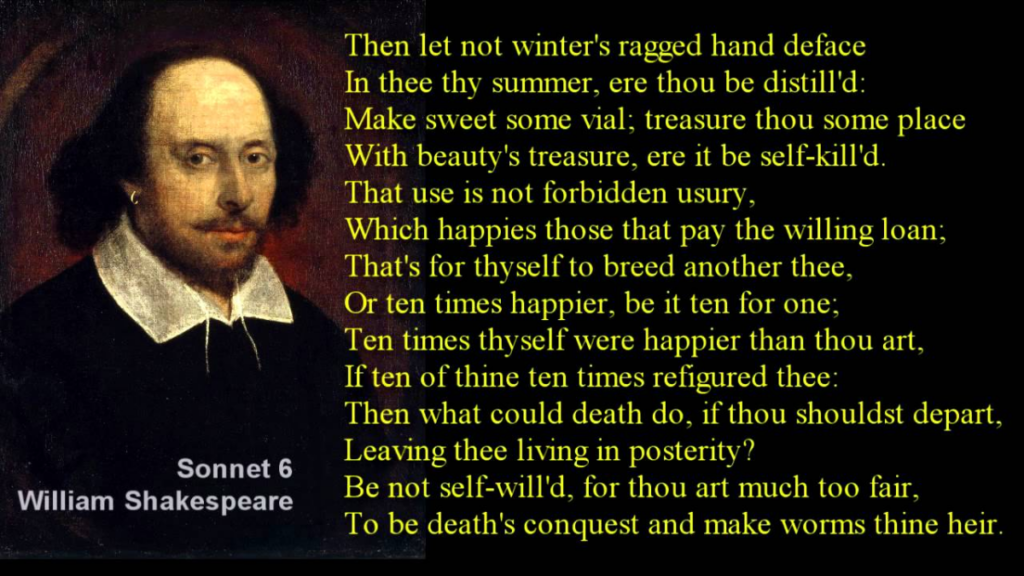
Misquote: “Gild the lily.”
This is a distortion from King John. The original line reads:
“To gild refined gold, to paint the lily.”
The modern idiom altered Shakespeare’s poetic expression into a simpler phrase.
7. Mark Twain
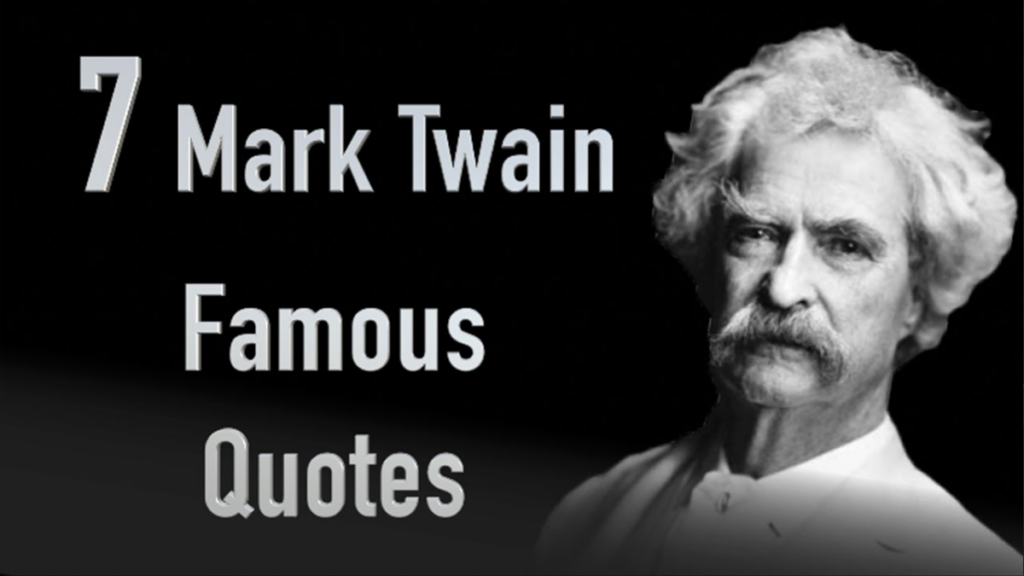
Misquote: “The only two certainties in life are death and taxes.”
This famous saying is often attributed to Mark Twain but was first penned by Benjamin Franklin in a letter to Jean-Baptiste Leroy in 1789.
8. Edward Murphy
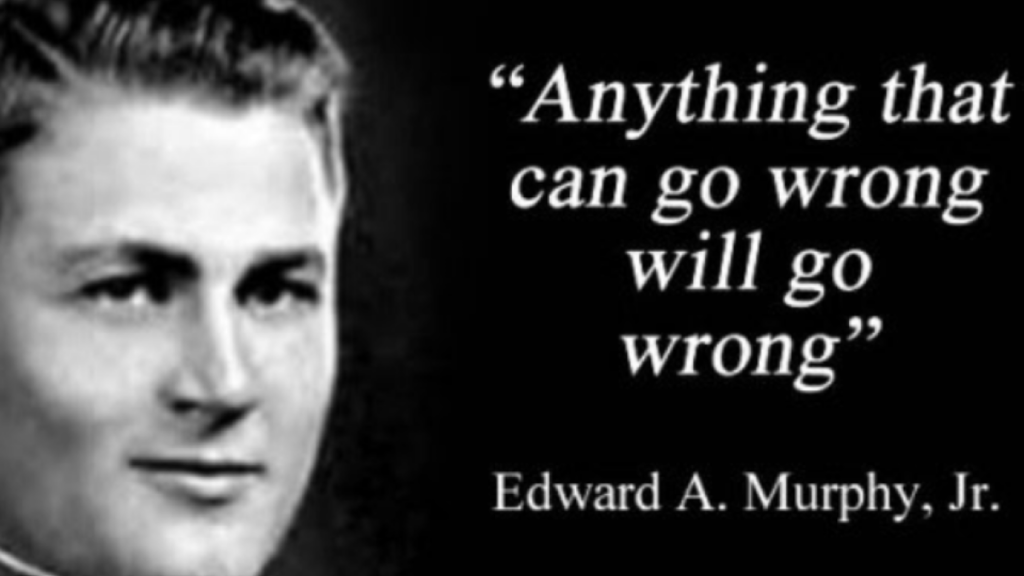
Misquote: “Anything that can go wrong, will.”
Murphy likely said: “If there’s more than one way to do a job, and one of those ways will result in disaster, then somebody will do it that way.” This phrase was later simplified into the popular “Murphy’s Law.
9. George Washington
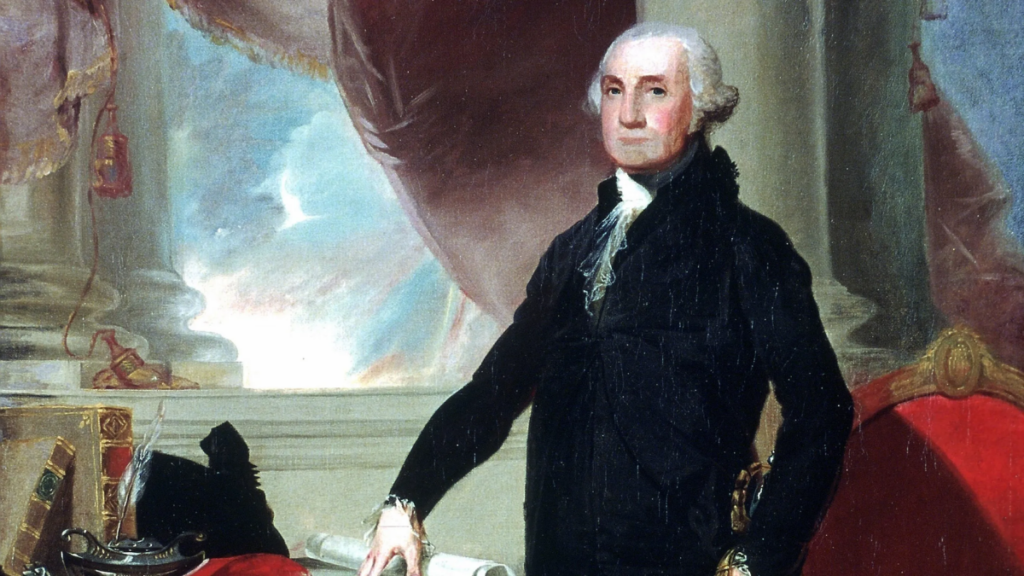
Misquote: “I cannot tell a lie. It was I who chopped down the cherry tree.”
This quote is a fabrication by biographer Parson Weems, who invented it to create a moral fable about Washington’s honesty.
10. Voltaire
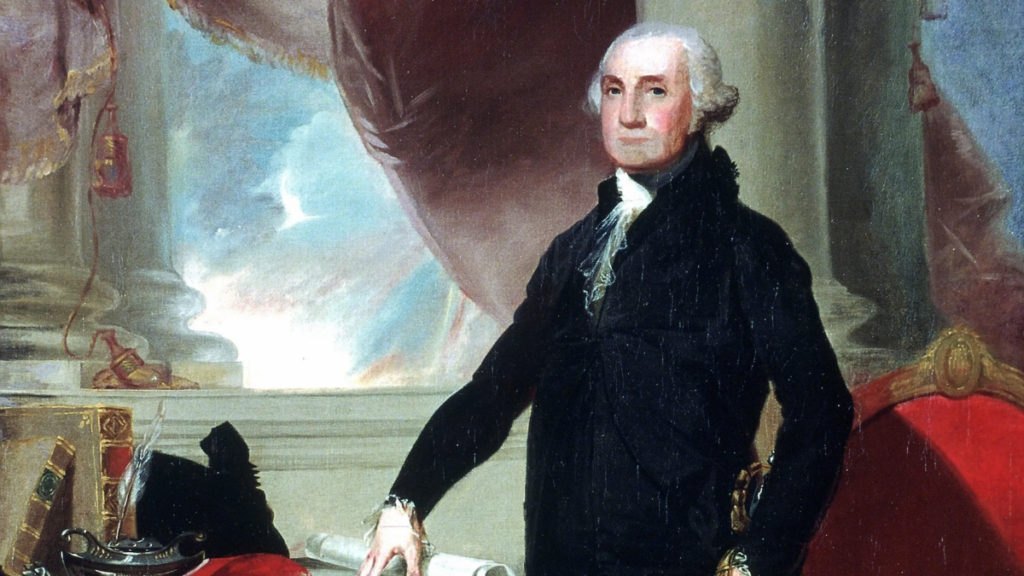
Misquote: “I disapprove of what you say, but I will defend to the death your right to say it.”
This quote doesn’t come from Voltaire but from Friends of Voltaire (1907) by Evelyn Beatrice Hall, who summarized his philosophy. The actual quote is:
“Think for yourselves and let others enjoy the privilege to do so too.”
